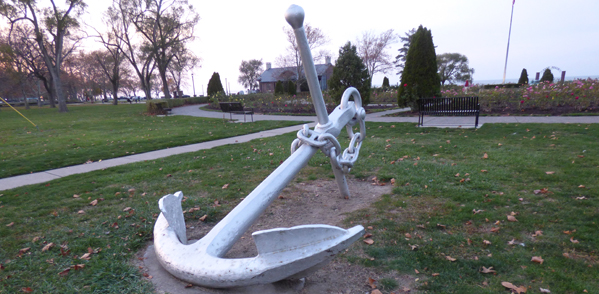Resentment Deep Clean
Resentment is long-standing anger,
so by taking a deep dive into resentments,
I am cleaning up chronic (long-standing) triggered reactions.
I choose when to do this wisely,
because it will stir up anger and other emotions
that aren't normally near the surface,
which can be disruptive and feel painful and/or re-traumatizing.
It may cause some dissociation and/or cravings to show up.
I try to carve out 2-3 weeks to complete a deep cleaning.
I pick a time when there isn't anything majorly stressful going on in my life
(such as moving or starting a new job or grieving the loss of a loved one)
and when there aren't any special events that I need to show up for.
I clear my calendar of commitments as much as possible, and
I avoid scheduling any new appointments or social engagements during this time.
I avoid doing this type of deep cleaning right before or during the holidays.
Holidays can be stressful enough on their own.
Plus, I might be spending time during the holidays with some of the people I feel resentful towards.
I try to avoid them while my negative emotions about them are being brought to the surface.
Doing a resentment deep clean can temporarily increase our angry feelings,
because whatever we focus on increases.
I try not to drag the process out, because that will lengthen the amount of time
I spend with all the negative emotions stirred up.
Since this kind of deep cleaning can be especially painful the first time we do it,
I like to limit a first time to just resentments toward family of origin.
All of our other resentments tend to stem from those core resentments anyway,
so cleaning those up can go a long way toward reducing the intensity of other triggers.
We generally come out on the other side of a deep cleaning experience with a transformed perspective
and a new understanding of ourselves, our lives, and the people and world around us.
Once I experienced the liberation that comes from doing a deep clean,
doing future ones did not feel scary or painful.
- Whom do I resent?
I list all of my family members, whom I feel a resentment towards, especially my caregivers.
I might also include other people, who had a significant impact on the first 10 or 20 years of my life.
- biological mother
- step-mother
- other mother figure
- maternal grandmother
- paternal grandmother
- godmother
- biological father
- step-father
- other father figure
- maternal grandfather
- paternal grandfather
- godfather
- other significant caregiver (if applicable)
- sibling
- extended family (aunt, uncle, cousin, etc)
- other significant person (friend of the family, neighbor, bully, etc)
- Why do I resent them?
Next to the name of each person, I write down all the reasons why I resent them.
What did they do or not do?
I use bullet points if there are multiple reasons. - Old Story
I write down what the story is that I am telling myself about each reason.
What belief do I have about what happened?
What does what happened mean about me, others, the world, or life itself? - Neutralize
I plug each reason that I resent someone into a neutralizing technique.
(I find the TAT™ especially helpful for this. See Neutralizing Approaches.) - Anchor
After neutralizing the anchor, I write down what the anchor was.
Was it the incident I felt resentful about or something else? - New Story
I write down my New Understanding of what happened.
What New Story or New Belief seems possible now?
Old resentments are low-level chronic triggers.
They don't seem to be as disruptive to my daily life as the intense acute triggers that randomly come up,
but I have found that they actually do directly interfere with my life
in many subtle yet life-altering ways.
Examining my resentments reveals life-long patterns
that have been operating just below the surface,
having a profound effect on my life.
Focusing on resentments towards family of origin clears out a lot of old baggage.
Doing my first Resentment Deep Clean took my recovery to a whole new level.
Afterwards, not only did I not get triggered quite as often, but
I was able to understand and utilize concepts that I was not able to fully grasp before.
(e.g. boundaries, non-violent communication, healthy methods for meeting my needs, and various healing modalities)
I have done subsequent resentment deep cleanings at other times.
They are usually focused on a specific area of life,
such as friendships, romantic relationships, money, food, or an area of sytemic violence
(sexism, racism, classism, theism, other religious oppression, etc).
I look at all of my resentments towards individuals, groups of people and institutions related to that area of life.
